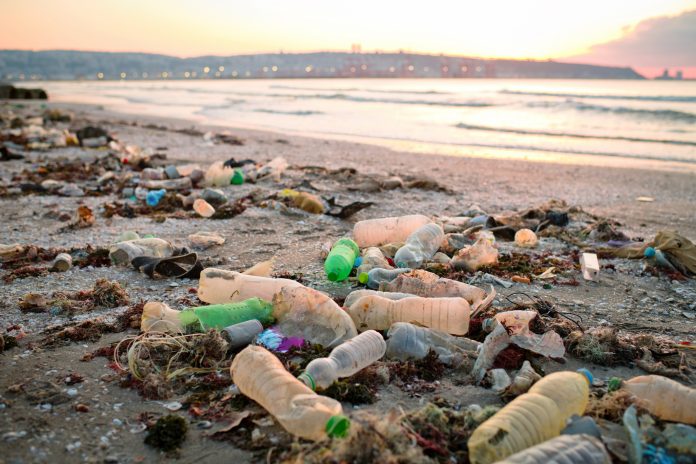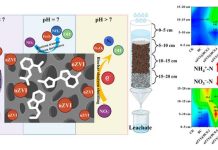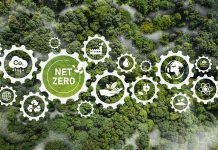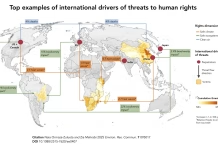Plastic pollution could be hurting the delicate development of ocean animal embryos; scientists have conducted a study looking into this issue
The research, led by experts from the Stazione Zoologica Anton Dohrn in Italy and the University of Exeter in the UK, shows the potential consequences of plastic contamination in our oceans.
Plastic pollution harming ocean animals
The study focused on the effects of high concentrations of new PVC pellets, commonly used in the production of various plastic products, on the development of embryos from seven different species representing major groups of ocean animals.
They discovered that exposure to elevated levels of PVC pellets restricted the healthy morphogenesis (shape development) crucial for embryo survival across all the species tested.
Dr. Eva Jimenez-Guri, the study’s lead author, highlighted the diverse ways in which the embryos changed under the influence of PVC pellets. “Some failed to make a shell or a notocord, some failed to form proper bilateral (left-right) features, some just stopped developing after a few rounds of cell division,” she explained. “They all failed to make a viable embryo.”
Events leading up to this
The severity of this impact was likened to circumstances such as a spill of PVC pellets, an event that occurred earlier this year when millions of pellets were accidentally released from a cargo ship off Portugal.
Plastic pollution hotspots near petrochemical plants and along rivers and beaches have been identified as areas of concern due to high concentrations of these pre-production pellets.
Steps forward to migrate this issue
The European Union is considering legislation to mitigate these environmental issues by curbing the release of pre-production plastic pellets.
Further than new PVC pellets, the study also investigated the toxic effects of plastic samples recovered from beaches. While not as pervasive as the effects of new PVC pellets, high concentrations of beach plastics were found to impair the development of molluscs, sea urchins, sea stars, and sea squirts.
Coastal areas where these species live are particularly vulnerable to plastic pollution. Dr Jimenez-Guri emphasised the potential repercussions:
“If you have extreme pollution at a time when these species are reproducing, then you don’t have the next generation of those species.”
Explaining the workings behind these developmental anomalies, Dr. Jimenez-Guri highlighted the complicated collection of harmful components, including zinc, found in plastics that gradually leach into the water.
This research, funded by a Marie Skłodowska-Curie Action Fellowship awarded to Dr. Jimenez-Guri, emphasises the critical need for concerted efforts to reduce plastic waste entering our oceans.











